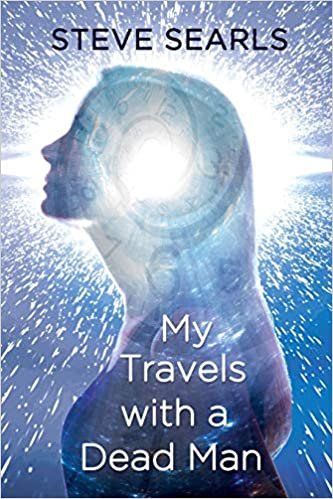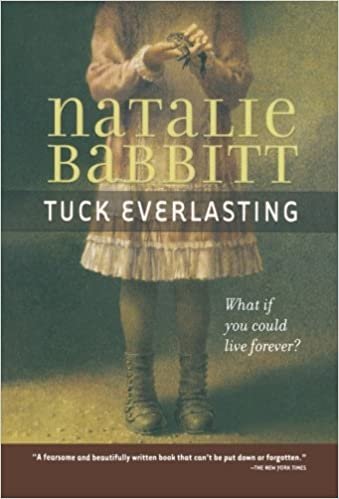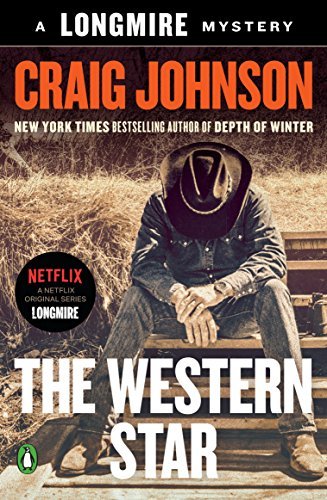I received a rejection on Meteor Man last week. The editor wrote
I can appreciate the attention to detail in your world, but without knowing about the world or characters or what’s going on, the terminology bogs me down a bit too much.
The comment intrigued me because no first reader commented anything similar. Even first first readers – those unfamiliar with my work – didn’t make similar comments. I often gets comments about my world-building but they tend to be more like “Amazing!”, “Rich!”, “Vividly detailed!”, and “Immersive!” (one of my personal favorites).
When I do live readings of works-in-progress, I sometimes get a comment along the lines of “You do more world-building in ten pages than most authors do in the first hundred” and I should spread things out.
I ask in return, “Would you continue reading? Do you want to find out more?”
Unanimous yeses often accompanied by listeners leaning forward in their seats and sometimes by outstretched hands seeking a copy.
All of which tells me I did an excellent job world-building. If people were overwhelmed to the point of being numb, they’d back away rather than continue forward.
Two Recent Classes…
I’ve long suspected that storycrafting and storytelling aren’t the paramount reasons work is accepted or rejected.
Sadly, this was confirmed by two different classes I took over the past few weeks. The classes were from different sources and a little over a week apart. One class had an agent and a publisher, the other had two magazine editors.
I take such classes because I want to understand what got Story A accepted and Story B rejected. A con panel with editors explaining what stood out pro and con in stories from their slushpiles would be gold to me. I’d pay serious dollars to attend such a panel session.
Me, I look for common threads in everything from character to theme, action to plot, … Sometimes the common thread is obvious, other times…?
And always it comes down to “How come this and not that? Give me a list of what works and what doesn’t so I’ll have a better idea how to perfect my own work for publication.” (by the way, two books that do a great job of this are Barry Longyear’s “Science Fiction Writer’s Workshop – I: An Introduction to Fiction Mechanics” and On Writing Science Fiction: The Editors Strike Back).
Want to know what I found out?
Greetings! I’m your friendly, neighborhood Threshold Guardian. This is a protected post. Protected posts in the My Work, Marketing, and StoryCrafting categories require a subscription (starting at 1$US/month) to access. Protected posts outside those categories require a General (free) membership.
Members and Subscribers can LogIn. Non members can join. Non-protected posts (there are several) are available to everyone.
Want to learn more about why I use a subscription model? Read More ch-ch-ch-ch-Changes Enjoy!



